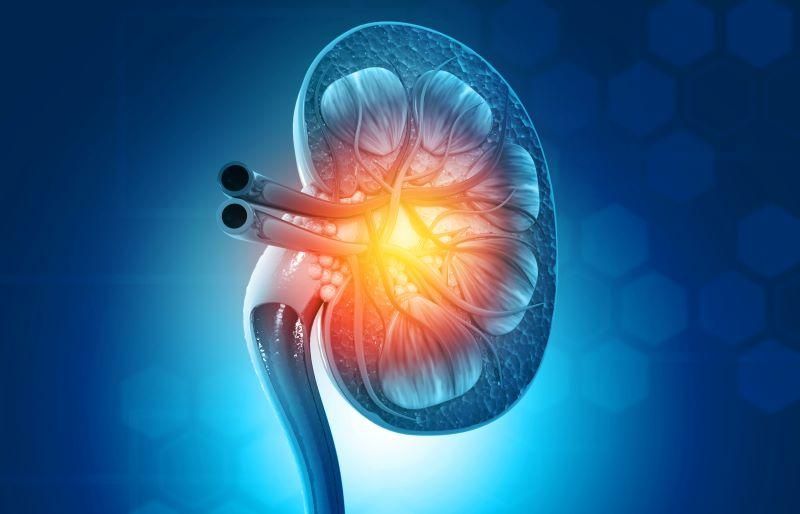
Young adults who have even modest reductions in kidney function could face significant health risks, according to a new study.
“The dogma is that healthy, young adults don’t need to worry about kidney function unless it drops to around 50% of the normal level, but our research suggests that even a more modest 20%-30% drop may have consequences,” said co-author Dr. Manish Sood, a nephrologist and research chair for the prevention of kidney disease at the Ottawa Hospital in Canada.
“We may want to have earlier conversations about prevention and monitoring,” Sood added in a hospital news release.
The researchers studied more than 8 million adults in Ontario, Canada, examining health record data from 2008 to 2021 for every Ontario adult aged 18 to 65 who had at least one blood test for kidney function, but no history of kidney disease.
The study authors found that 18% of those in the 18-to-39 age group had kidney function that was “modestly below normal levels,” though not low enough to be diagnosed with chronic kidney disease.
Patients in this “gray zone” had a modestly increased risk of kidney failure, death and heart attack.
For example, a 20% to 30% loss in kidney function was associated with a 1.4-fold increase in death. It was also associated with a 1.3-fold increase in a cardiac event and a sixfold increase in the risk of kidney failure, the data revealed.
The absolute risk of any of these events was still low, at less than 2 per 1,000, the authors noted.
“Thankfully, the absolute risk for any one individual with kidney function in this gray zone is low, but when we look at the whole population, the impact could be quite significant,” co-author Dr. Greg Knoll, head of the Department of Medicine at the Ottawa Hospital and the University of Ottawa, said in the release. “We need further research to confirm these findings and then see if we can reduce the risk through lifestyle modification.”
Researchers aren’t suggesting routine testing for everyone. But they said if someone has a kidney test that shows a modest reduction in function that could be a reason to talk with a health care provider.
You can reduce your risk of kidney disease by eating a healthy diet with lower salt, exercising regularly and limiting alcohol intake.
Study results were published in the BMJ.
More information
The National Kidney Foundation has more on chronic kidney disease.
SOURCE: The Ottawa Hospital and the University of Ottawa, news release, June 23, 2023
Source: HealthDay

Leave a Reply